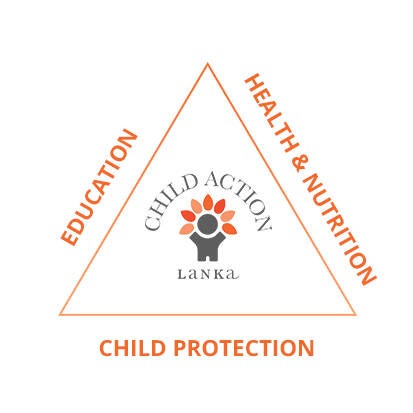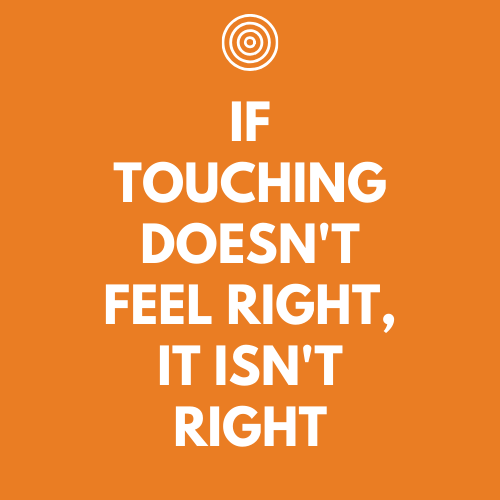Child protection
Child protection is, besides education and health & nutrition, one of the three pillars of Child Action Lanka. They want to ensure that children are safe, protected and free from violence and discrimination.

The statistics of UNICEF: A Familiar Face shows that in 2017 worldwide 15 million adolescent girls between 15 and 19 years old have been forced to have sex or to do sexual actions against their will. In 38 low and middle class countries, almost 17 million women say that they were being forced to have sex in their childhood. I think we can conclude that these statistics are something we need to worry about. Source: UNICEF
In sign of the pillar 'child protection' I want to focus on the subject: child sexual abuse. Child sexual abuse can occur in many forms, like: peeking, touching, kissing, showing or making pornographic material... A lot of people think it is always with penetration, but it isn't. There doesn't has to be physical contact between victim and perpetrator. Because there are so many forms it is important that we can recognize all of them and estimate how serious they are. This is important because child sexual abuse has many effects on children now, but also in their further life. A lot of these children have effects like problems in schools, personality-problems, depression, a higher risk at committing suicide, traumas... But it is different in each case and depends on for example: who the perpetrator was, how the personality of the child is, how it was raised...
Unfortunately, many of the child abuse-cases are never discovered, haven't been worked with or are being forgotten. The main reason is because it is difficult to talk about a subject as child sexual abuse. Not a lot of people talk about this subject, avoid the subject or ignore that there is a problem. Because of this reason it is so important that we turn the tide together and make a difference for these children.
But what can we do about it?
It is important for the children's health, development and their further life that we protect them against sexual abuse.
As teachers, parents, educators... we can protect the children. But how can we do that?



Maak jouw eigen website met JouwWeb